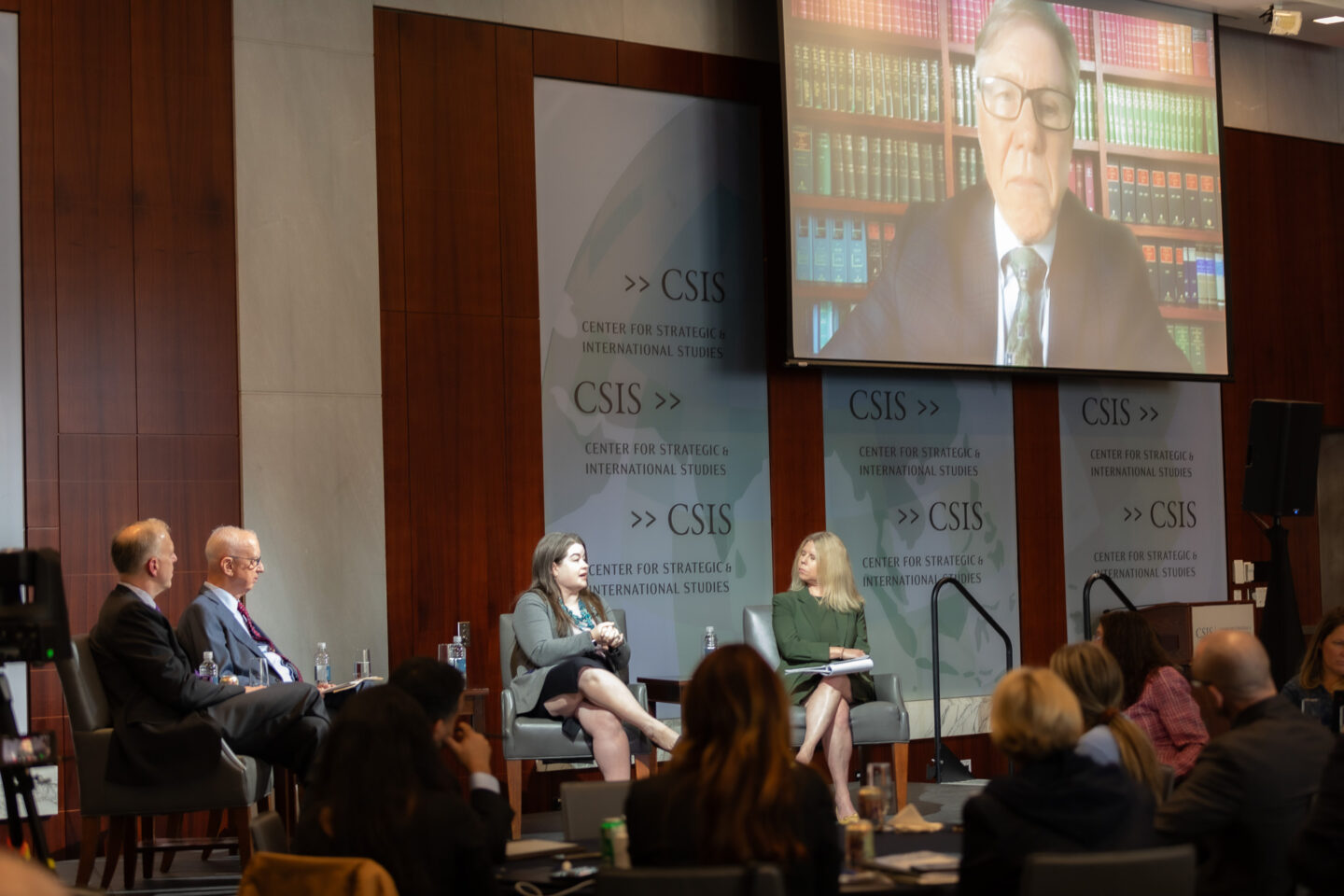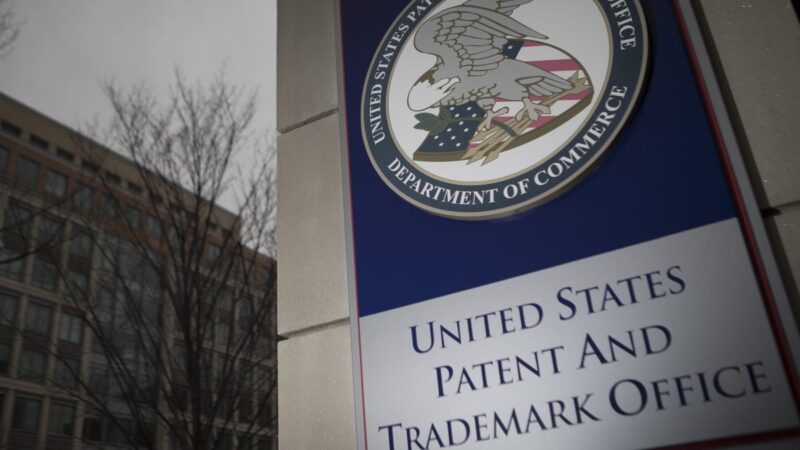(Transcript) 2024 LeadershIP Conference Panel III: Architecting the Future: Call to Action for Innovation Policy

This transcript is from the 2024 LeadershIP Conference hosted at CSIS on April 9th, 2024. Watch the full video here.
(DOWNLOAD) LeadershIP 2024 – Panel 3 Transcript
Panel Description: There are several legislative proposals on the table today affecting IP, antitrust, and competition. Is more (or less) needed to establish a holistic innovation policy regime that prepares us for the future?
Speakers
Holly Fechner, Partner, Covington
Kate Hudson, Associate Vice President and Counsel for Government Relations and Public Policy, American Association of Universities
Judge Paul Michel, Court of Appeals for the Federal Circuit (Ret.)
Brian Pomper, Partner, Akin Gump
Judge Randall R. Rader, Former Chief Judge of U.S. Court of Appeals for the Federal Circuit (Ret.)


Assessing the Patent and Trademark Office’s Inventorship Guidance for AI-Assisted Inventions
